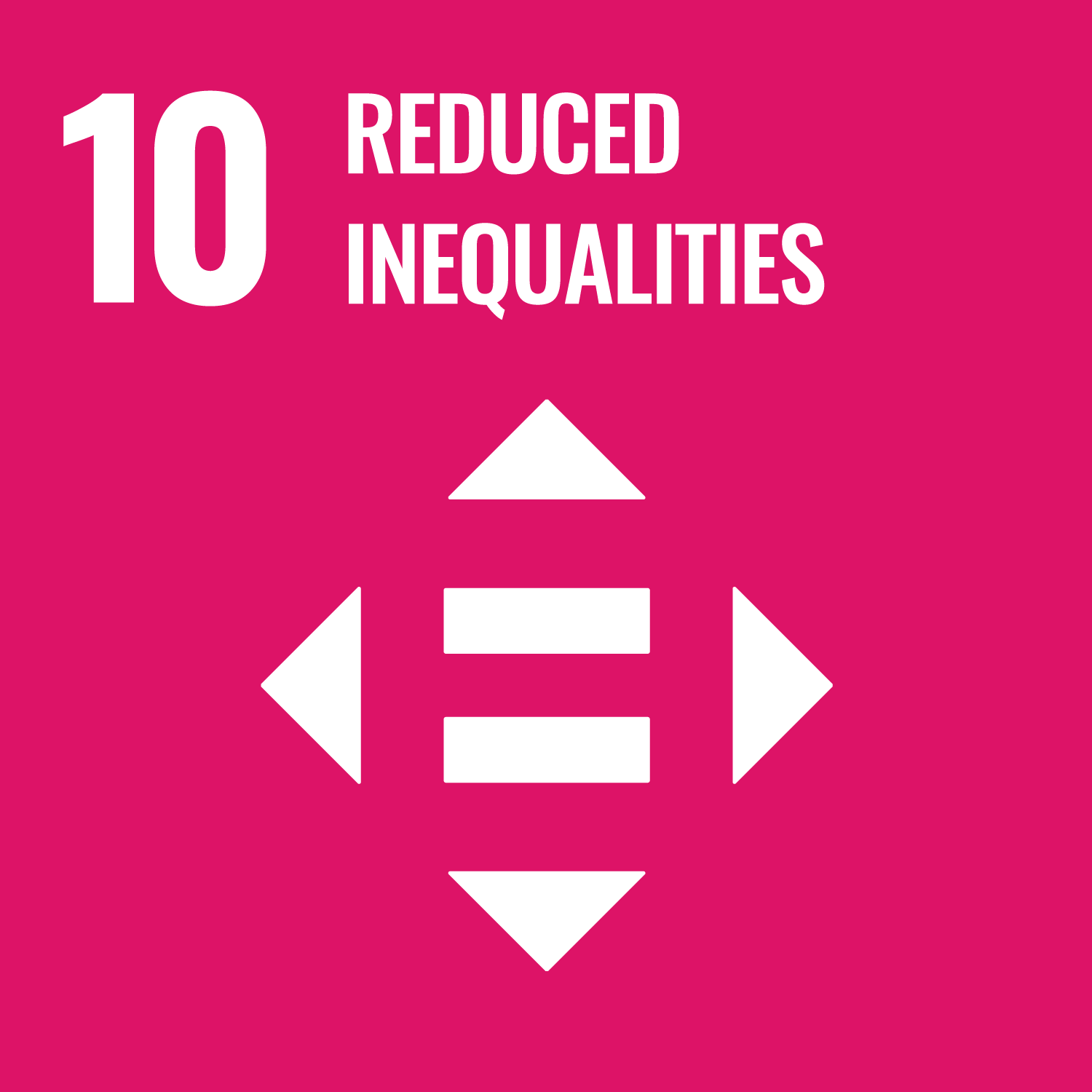Bhalla, N. orcid.org/0000-0003-2920-3111, Brooks, L. and Leach, T. orcid.org/0000-0001-9417-7955 (2024) Ensuring a ‘responsible’ AI future in India: RRI as an approach for identifying the ethical challenges from an Indian perspective. AI and Ethics, 4 (4). pp. 1409-1422. ISSN 2730-5953
Abstract
Artificial intelligence (AI) can be seen to be at an inflexion point in India, a country which is keen to adopt and exploit new technologies, but needs to carefully consider how they do this. AI is usually deployed with good intentions, to unlock value and create opportunities for the people; however it does not come without its challenges. There are a set of ethical–social issues associated with AI, which include concerns around privacy, data protection, job displacement, historical bias and discrimination. Through a series of focus groups with knowledgeable people embedded in India and its culture, this research explores the ethical–societal changes and challenges that India now faces. Further, it investigates whether the principles and practices of responsible research and innovation (RRI) might provide a framework to help identify and deal with these issues. The results show that the areas in which RRI could offer scope to improve this outlook include education, policy and governance, legislation and regulation, and innovation and industry practices. Some significant challenges described by participants included: the lack of awareness of AI by the public as well as policy makers; India’s access and implementation of Western datasets, resulting in a lack of diversity, exacerbation of existing power asymmetries, increase in social inequality and the creation of bias; the potential replacement of jobs by AI. One option was to look at a hybrid approach, a mix of AI and humans, with expansion and upskilling of the current workforce. In terms of strategy, there seems to be a gap between the rhetoric of the government and what is seen on the ground, and therefore going forward there needs to be a much greater engagement with a wider audience of stakeholders.
Metadata
| Item Type: | Article |
|---|---|
| Authors/Creators: |
|
| Copyright, Publisher and Additional Information: | © The Author(s) 2023. Open Access: This article is licensed under a Creative Commons Attribution 4.0 International License, which permits use, sharing, adaptation, distribution and reproduction in any medium or format, as long as you give appropriate credit to the original author(s) and the source, provide a link to the Creative Commons licence, and indicate if changes were made. The images or other third party material in this article are included in the article's Creative Commons licence, unless indicated otherwise in a credit line to the material. If material is not included in the article's Creative Commons licence and your intended use is not permitted by statutory regulation or exceeds the permitted use, you will need to obtain permission directly from the copyright holder. To view a copy of this licence, visit http://creativecommons.org/licenses/by/4.0/. |
| Keywords: | Responsible research and innovation; Responsible AI; India; Focus group; Governance; Ethics; Society |
| Dates: |
|
| Institution: | The University of Sheffield |
| Academic Units: | The University of Sheffield > Faculty of Social Sciences (Sheffield) > Information School (Sheffield) |
| Depositing User: | Symplectic Sheffield |
| Date Deposited: | 19 Nov 2024 12:25 |
| Last Modified: | 19 Nov 2024 12:25 |
| Status: | Published |
| Publisher: | Springer Science and Business Media LLC |
| Refereed: | Yes |
| Identification Number: | 10.1007/s43681-023-00370-w |
| Sustainable Development Goals: | |
| Open Archives Initiative ID (OAI ID): | oai:eprints.whiterose.ac.uk:219754 |


 CORE (COnnecting REpositories)
CORE (COnnecting REpositories) CORE (COnnecting REpositories)
CORE (COnnecting REpositories)